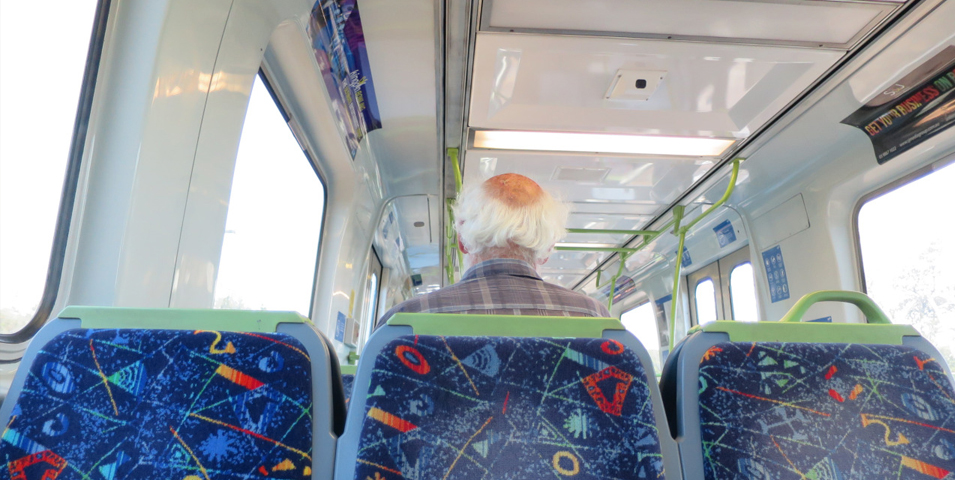
All researchers, policy makers and strategic communicators know how easy it is to be influenced by our own unconscious bias. People find it hard, if not impossible, to be objective and not allow their social conditioning and worldview to influence their decision-making.
In no area is this more evident than when communicating with older markets, which we will define as people over the age of 65 who buy, sell, work and vote (in Australia they number over 3.4 million).
On a flight back from aged care research and marketing workshops this month, I pulled out my copy of Ken Dychtwald’s Age Wave, a very comprehensive look at the opportunities and challenges an ageing population poses. It would be fair to say that it’s written from a business market opportunity perspective.
Dychtwald defines six prevalent myths regarding older people and that are so very relevant when communicating with older markets:
- People over 65 are old
- Most older people are in poor health
- Older minds are not as bright as young minds
- Older people are unproductive
- Older people are unattractive and sexless
- All older people are pretty much the same
“My parents didn’t want to move to Florida, but they turned 60 and that’s the law.”
– Jerry Seinfeld
In every case, he lists research and data to demonstrate that each myth is disprovable and, often, ‘downright absurd’. His and my thoughts follow…
- People are living and working longer and better. Age is a number, not an ability.
- Most chronic health conditions in old age are from not living healthily in earlier life. It’s not a definite. And health costs are skewed to the 80+ age group. Those who have health challenges just work with them to live life fully.
- “There is no such disease as senility!” Only a small percentage of older people show signs of memory loss. Challenging the mind through life can increase knowledge, critical thinking and mental resilience.
- There is no consistent pattern of productivity at any age group. Over my time at the agency, I’d say it is the people of lower physical and mental resilience that take time off. Mondays always seem a popular day to be ill among junior staff, and vacant stares at the screen are more regular among the young (again, mostly on Mondays!). With an increasing lifespan often outstripping financial capacity to fund retirement, older people know the value of – and are often grateful for – work into older age. Work provides purpose, self-actualisation and social connectivity at all life stages.
- According to US research, 97% of people between 60 and 91 years of age like sex; 75% think sex is as good, or even better, as they age.
- Older people are always… surprising? All I ever do is think about my wife’s mother and then my own mother and I am reminded of how different ‘older’ people are from one another. And, remember, all of our personality traits are pretty much decided in early childhood.
‘Age Wave’ was first published in 1989.
While doing work in the social impact space recently, I have been enjoying the recycling of business ideas and models and ideas such as design thinking. People like Edward de Bono formalised design thinking, and the managers of the 70’s and 80’s built on them in practice. Today, we give them new names and, at our best, evolve them well. But the fact that these models persist and are still effective, also emphasises that human behaviour evolves slowly.
While it’s sad his myths still ring so true, I love that the thinking of Ken Dychtwald, now an ‘older man’, maintains absolute relevance today. And those of us who know and use Ken’s work are enjoying the competitive advantage of his wise counsel, because so many business people believe the myths and make the same mistakes of decades past.

